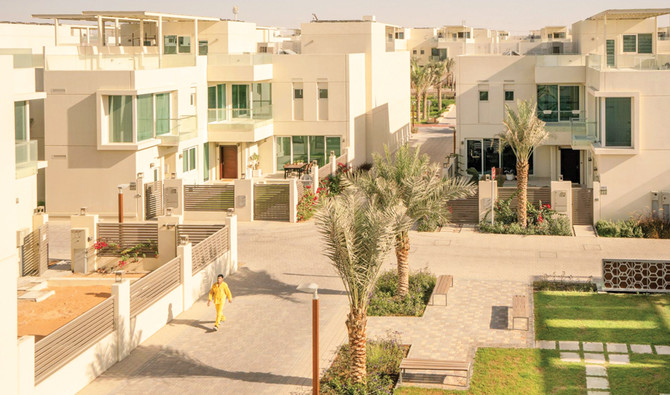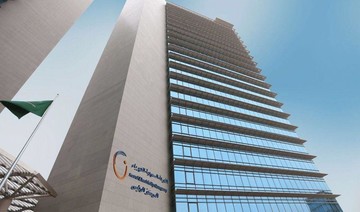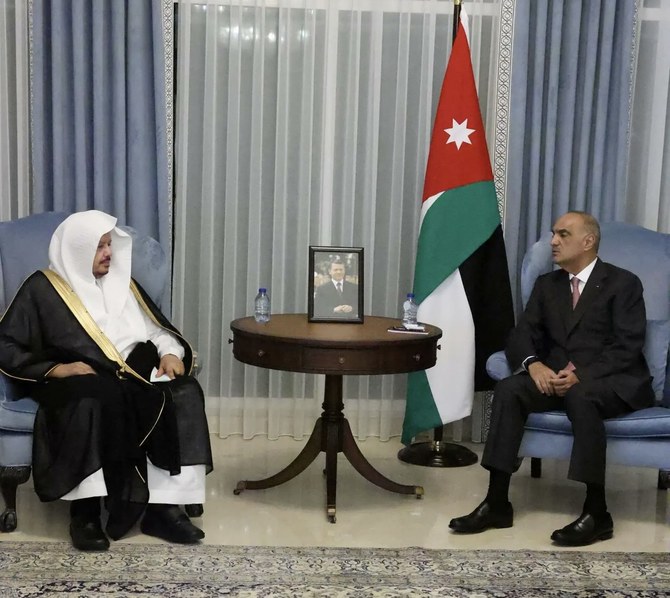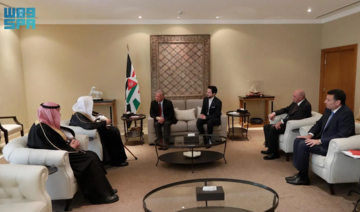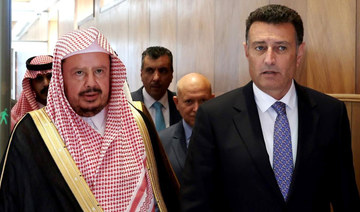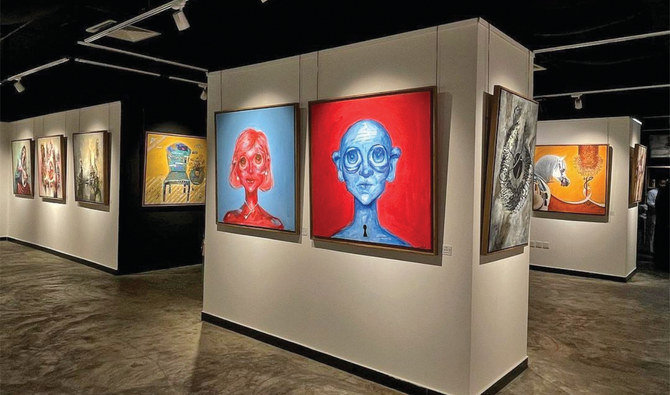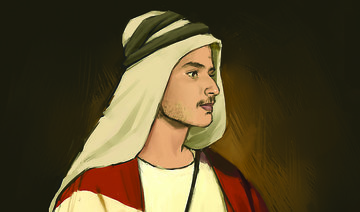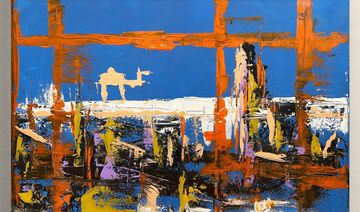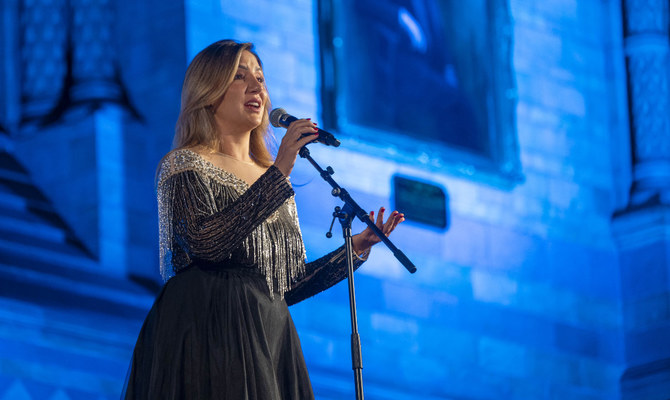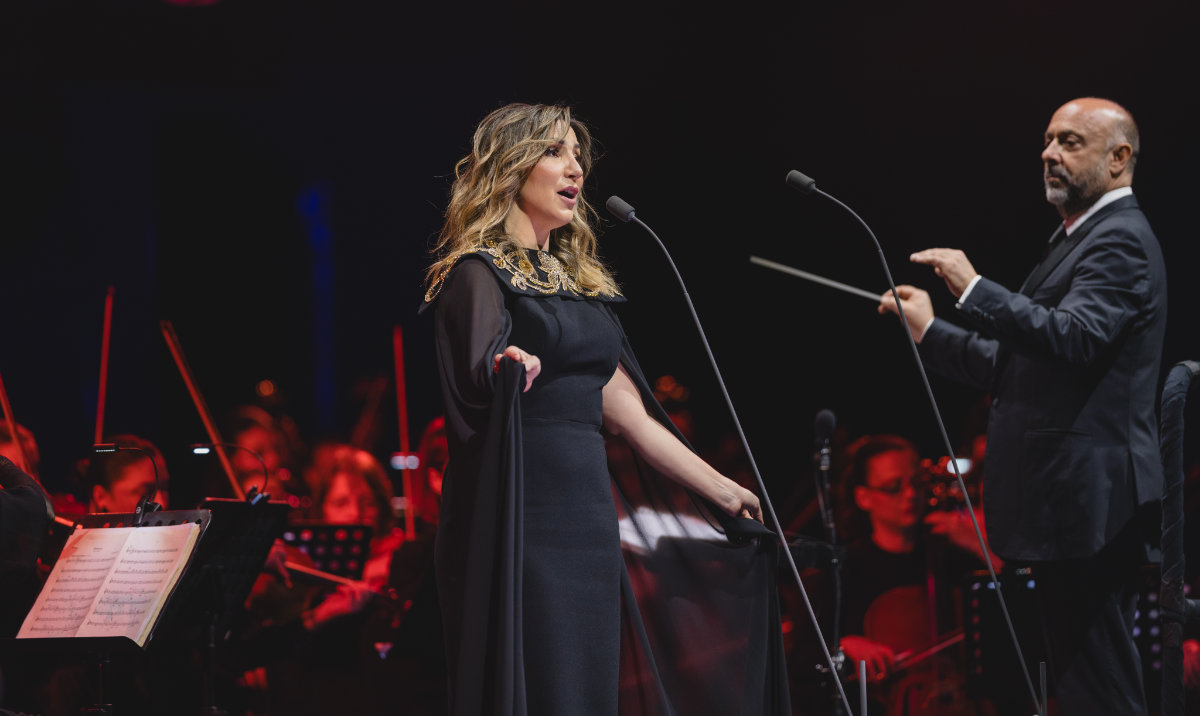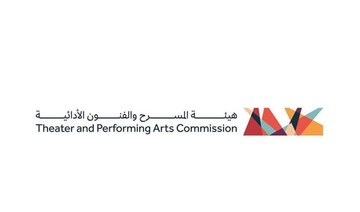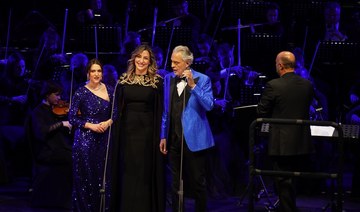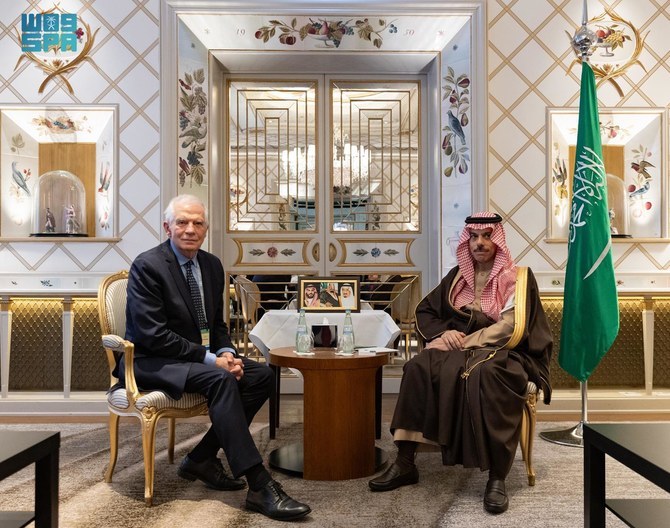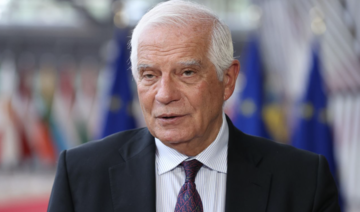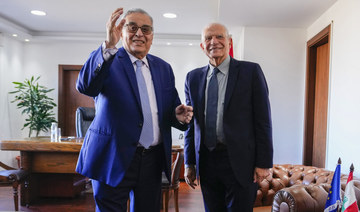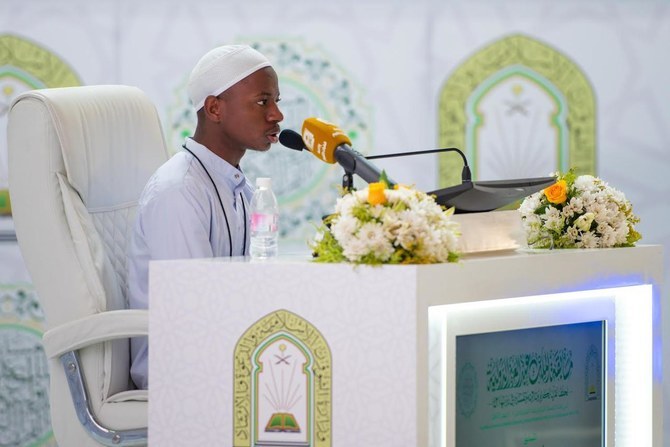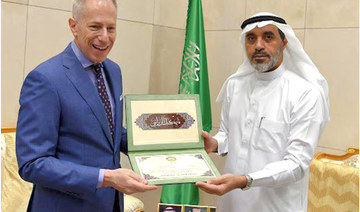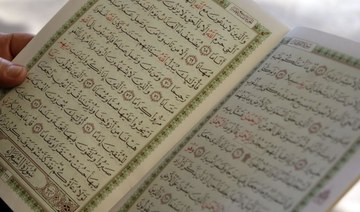DUBAI: Consumers around Saudi Arabia got a shock last month when they saw their latest electricity bills. A double whammy of increased tariffs from the Saudi Electricity Company and the arrival of summer heat, with air-conditioning set to max, sent costs sky-high.
So is there anything householders can do to ease the pain? The answer from experts across the region is, yes — a lot. And utility companies have an important role to play with transparent billing, sustainability programs and energy-saving advice.
The Dubai Electricity and Water Authority (DEWA) introduced itemized billing a few years ago, allowing customers to view their exact consumption of water and electricity, including their carbon footprint. Using the company’s smart app, residents can analyze their bills, and view monthly and yearly energy use via graphs and charts.
Abu Dhabi’s Water and Electricity Authority (ADWEA) has also implemented new technologies and sustainability programs to help consumers. With UAE residents using an average of up to 20,000 kilowatt-hours annually and 550 liters of water per day, the changes are crucial.
“The UAE is working to create a more sustainable and energy-efficient country, but the success of these initiatives depends on household consumption,” said Fadi Nwilati, CEO of Kaizen Asset Management Services, which has worked with DEWA.
 Both DEWA and ADWEA have adopted “excellence and creativity” to deliver smart services to customers, he said.
Both DEWA and ADWEA have adopted “excellence and creativity” to deliver smart services to customers, he said.
One of the key strategies is to create “consumption awareness.” After extensive research, both providers realized that many consumers read their utility bills but fail to understand what they were being charged for or were buying.
“DEWA’s green bill was launched in 2012 to protect the environment and promote sustainability. Consumers can access the bill from anywhere, analyze consumption and pay their bills online,” Nwilati said.
The bill provides a straightforward explanation on consumption, and offers energy-saving tips and advice on water conservation.
A tariff calculator also helps to explain utility use.
Nwilati said time-of-use rates were a key consideration for consumers. “Peak times are between noon and 5 p.m., so DEWA encourages the consumer to limit usage during this time. Dubai Municipality, meter service charges and VAT are fixed costs, so consumers need to look at the consumption cost, in particular, when analyzing their utility bill.”
Consumers could compare their utility bill with neighborhood statistics, allowing them to set realistic energy-management goals.
“Seasonal strategies can be implemented in your household. A perfect example is limiting the use of aircon during summer. It’s essential the customer understand the make-up of their energy costs and possible energy wasters. This information is available on the DEWA app and the Internet. Consumers can start with simple energy-saving tactics which will help them fill their pockets and save the planet,” Nwilati said.
Tips include keeping the home thermostat set at 24 degrees Celsius or higher, and on “auto” instead of “on” since each degree can mean up to 5 percent savings on cooling costs.
Others mention LED bulbs, which are 85 percent more efficient than incandescent or halogen light bulbs.
Sanju Kohli, executive director of Leme Lighting, said: “Two of the biggest household users of electricity are aircon, which is hard to reduce in terms of consumption, especially during summer, and the washing machine and drier. Many washing machines have a three- to six-star water-saving rating, which tells you it uses less water. Only certain brands are allowed to sell with a minimum star rating.”
Governments across the region are encouraging the use of LED lighting, both indoors and outdoors. “A lot of households like to light up their houses, so the issue has always been the cost of lighting up a villa,” he said. “With LED, you save 80 to 90 percent on your power consumption and it emits no heat, which reduces the time you need to keep the AC on. When you’re saving on electricity, everything ties in together.”
In Dubai, the Sustainable City has taken energy saving a step further by offering residents live data access.
Karim Al-Jisr, executive director of the Social Economic Environmental Institute at the Sustainable City, said: “We’re still testing devices, but it is noninvasive monitoring, which has a much bigger effect on behavior. Itemized billing is important for consumers and for changing behavior, but when those bills appear only once a month, it’s not enough information to modify behavior.”
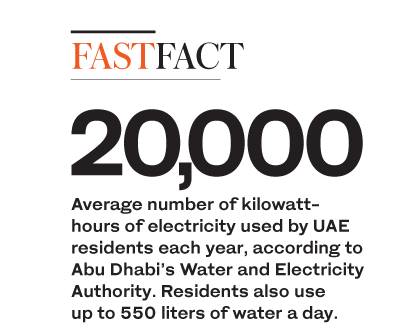 For Philip Sinclair, a British resident of Sustainable City, the savings are noticeable. “The different ways they are promoting sustainability is great. I enjoy the innovation and energy they bring in trying to do things a different way.”
For Philip Sinclair, a British resident of Sustainable City, the savings are noticeable. “The different ways they are promoting sustainability is great. I enjoy the innovation and energy they bring in trying to do things a different way.”
After moving two years ago, Sinclair’s power bills are lower than anywhere else in Dubai, having paid 3,000 dirhams ($820) a month for a five-bedroom villa in Jumeirah in summer compared with 200 to 300 dirhams a
month today.
“Some months we even get money back from DEWA, so they’re producing electricity and putting it in the grid,” he said. “We noticed a massive difference, and there are also recycling and intelligent systems around water and waste management. The nice thing is it’s not a gimmick — it’s a realistic view to being sustainable, not just environmentally but also financially.”
Al-Jisr said reducing consumption at home was fundamental. “Unless we reduce consumption, we will continue to emit too much carbon, which goes against local and federal goals, and global targets,” he said.
Transparency in billing will help consumers manage their consumption and, consequently, their budgets.
“The price of water has increased recently, and water resources are vital for the country,” said Dr. Ahmed Murad, dean of the College of Science at the United Arab Emirates University. “All of us should work together to reduce consumption, especially during summer.”
The Gulf’s dependence on desalination and non-conventional water resources is also costly in terms of production and treatment. The GCC aims to reduce water consumption by 22 percent by 2030. And while water in nature is endlessly available, only 2.5 percent is fresh water, of which 70 percent is in polar and glacier ice. The energy sector alone is responsible for 10 percent of global water withdrawal.
“Energy efficiency is a growing challenge in the Gulf, and population growth is adding to high consumption rates that will (become) unsustainable,” Nwilati said.
“Policies need to steer consumers in the right direction, and governments will also have to educate them on the financial benefits they can gain from energy-saving technologies and behavior.”
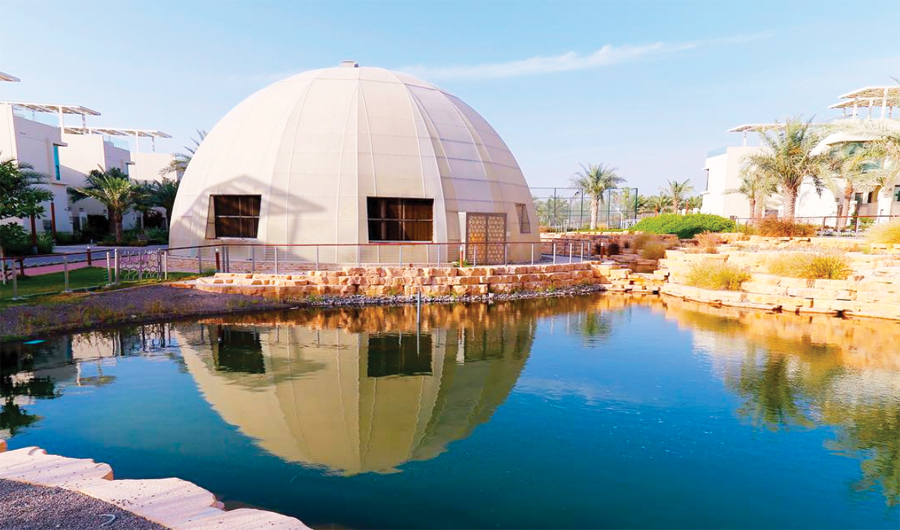
Dubai’s Sustainable City


